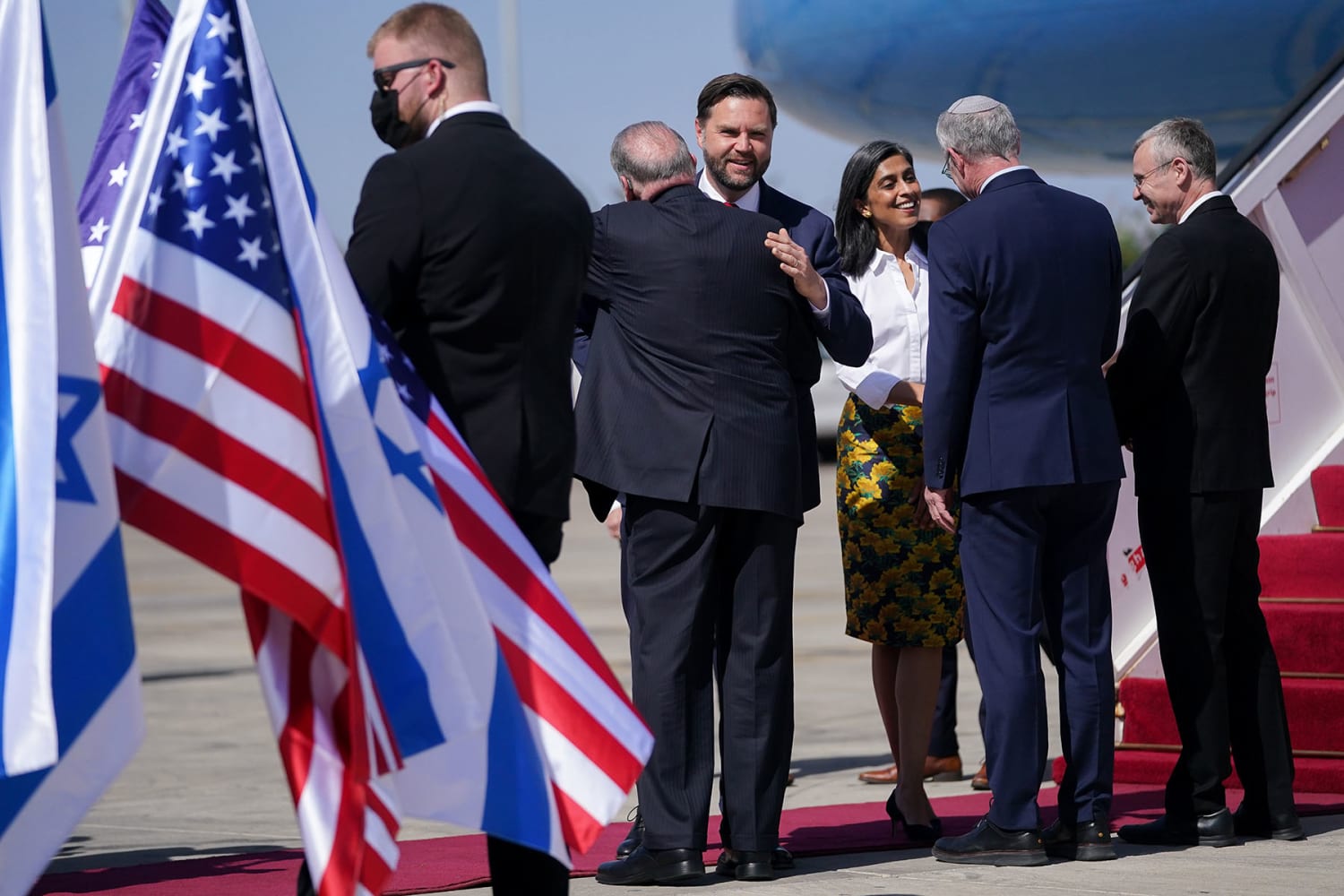As the United States government enters its 21st day of a partial shutdown, the political landscape remains charged with uncertainty. President Donald Trump’s administration is facing mounting pressure both at home and abroad. While tensions rise domestically, international relations are also feeling the strain, with key talks between Trump and Russian President Vladimir Putin now on hold. The shutdown, driven by an impasse over border security funding, has created a deadlock that impacts the federal workforce, government services, and foreign policy.
Political Gridlock and the Ongoing Shutdown
The current government closure, now in its third week, stems directly from political disagreements within Congress. At the core of this predicament is President Trump’s request for $5.7 billion to finance a border wall along the U.S.-Mexico border, which he asserts is vital for controlling unauthorized immigration and safeguarding national boundaries. Nevertheless, Democratic legislators have declined to endorse the wall’s funding, contending that it represents an ineffective and costly approach to the intricate matter of border protection. Consequently, numerous governmental functions have been halted, and hundreds of thousands of federal employees are on furlough, with some performing duties without compensation.
International Diplomacy Following the Shutdown
This political gridlock has had serious consequences, not just on the domestic front, but also on the United States’ standing on the global stage. One key development is the postponement of high-stakes diplomatic talks between President Trump and President Putin. These talks, which had been expected to advance discussions on arms control and international security issues, are now indefinitely delayed due to the ongoing crisis in Washington. The decision to hold off on these talks underscores the broader diplomatic challenges faced by the Trump administration, particularly as it navigates increasingly complex relations with Russia.
While domestic concerns dominate the headlines, the international ramifications of the U.S. government shutdown cannot be ignored. The inability of the U.S. to present a unified front and engage in crucial diplomatic discussions with key world leaders like Putin raises questions about the country’s ability to lead on the global stage. International observers are closely watching the developments in Washington, as the shutdown is also affecting the United States’ ability to fulfill its obligations in a number of global forums, including the United Nations and NATO.
Domestic Consequences: A Strain on Federal Workers and Services
At home, the circumstances are just as severe. Government workers, whose salaries are tied to the federal budget, are finding it difficult to manage financially as the shutdown continues. Certain federal departments have implemented backup strategies, while others have completely halted their operations. National parks, cultural institutions, and numerous federal offices are either shut down or functioning with fewer personnel, affecting millions of citizens who depend on public services. Beyond the individual financial hardship faced by federal employees, the shutdown is also impeding essential governmental duties, ranging from tax submissions to healthcare provisions, thereby intensifying public discontent.
The political standoff has also highlighted the deepening polarization within the U.S. political system. As President Trump and the Republican Party dig in their heels on the border wall issue, many Democrats are pushing for more comprehensive immigration reform and a focus on other issues, such as healthcare and infrastructure. This fundamental divide is making it increasingly difficult to find common ground, leading to an impasse that shows no signs of resolution.
Public Discontent and Growing Pressure on Political Leaders
Amidst this extended government closure, public sentiment has grown increasingly critical of the political figures implicated. Both Trump and House Speaker Nancy Pelosi, along with Senate Majority Leader Mitch McConnell, are experiencing rising public disapproval. Surveys suggest that most Americans hold the president and congressional Republicans responsible for the shutdown, with many voicing exasperation at the stalled resolution efforts. As the shutdown persists, the political consequences for the leaders involved are expected to escalate, making it even harder to achieve a consensus.
The shutdown is also having a significant impact on the U.S. economy. While the full extent of the economic damage is still to be determined, analysts predict that the longer the shutdown continues, the more severe its effects will be. Government contractors, small businesses, and even the broader economy are feeling the pinch as millions of dollars in economic activity are put on hold. This is especially true for sectors that depend heavily on government spending, such as defense, research, and infrastructure development.
Searching for Solutions: Can Bipartisanship Prevail?
Even with the current difficulties, optimism remains that a solution to the predicament can be found. Certain legislators are pushing for provisional funding solutions or an interim agreement to enable the government’s resumption of operations as discussions proceed. Conversely, others are urging a more comprehensive, cross-party strategy to settle the border security dispute and tackle additional critical concerns, including healthcare, immigration policy, and environmental shifts. Nevertheless, given the firm stances of both parties, reaching a consensus could require considerable effort.
As the U.S. government shutdown continues, the world is left watching closely. The outcome of this political standoff will likely have far-reaching consequences, both for domestic policies and international relations. President Trump’s interactions with Putin, along with other diplomatic initiatives, will remain in limbo until the situation is resolved. Meanwhile, the impact on federal employees, government services, and the broader economy will continue to shape the conversation in Washington and beyond.
The Broader Implications of the Shutdown on U.S. Governance
This government closure represents more than a mere political crisis; it serves as an examination of the U.S. government’s capacity to operate with efficacy and proficiency. As the stalemate persists, the urgency for legislators to devise a resolution will only escalate, and the populace will observe intently to determine if they can meet the demands. The political trajectory of the Trump administration, alongside the wider future of U.S. governance, might be determined by the management of the ongoing crisis. With each day that passes, the imperative for both political factions to conclude the shutdown and advance intensifies. Only the future will reveal if a settlement can be achieved, and what repercussions it will have on the country’s course.




